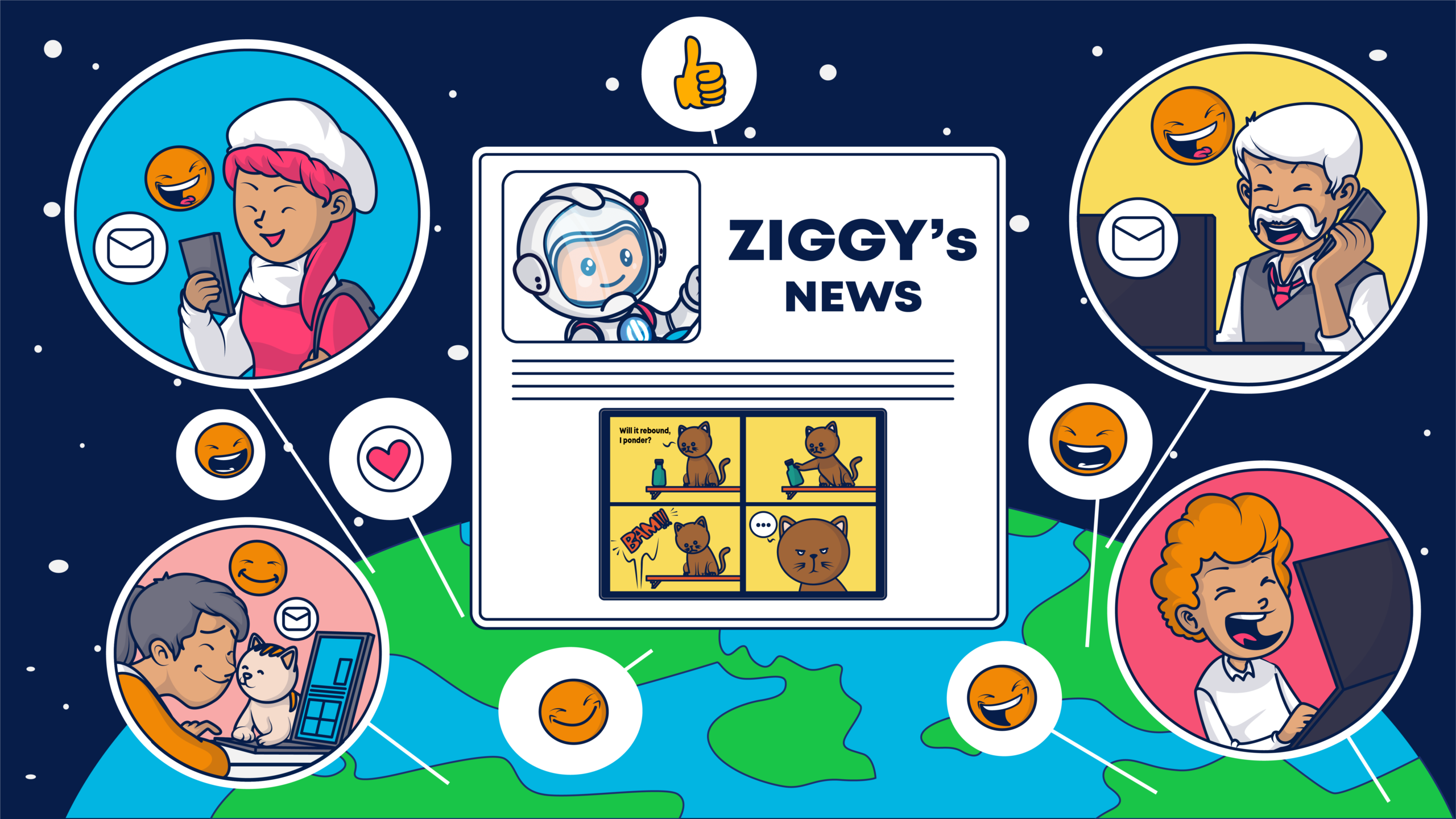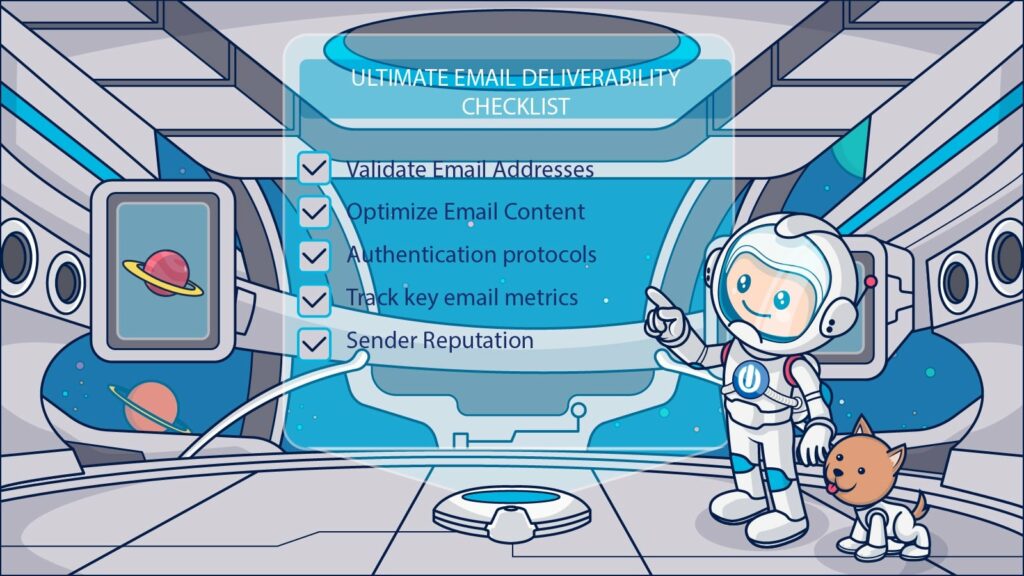Affiliate marketing is growing at a record pace. Let’s examine some data:
- In a recent survey, over 80% of brands use affiliate marketers
- Advertisers will increase spend on US affiliate marketing by a compound annual growth rate (CAGR) of 10.1 percent between 2015 and 2020, making it an estimated $6.8 billion industry
- At 84%, email has the greatest impact on affiliate engagement
While more affiliate programs and more robust affiliate networks attracting more affiliates into the space is good for the industry, it also creates a lot of competition. American Express notes that in markets saturated with competitors, industry leaders differentiate themselves by carving out a niche.
In the affiliate marketing ecosystem, micro-segmentation is the ideal niche-carving tool.
Marketing Automation was a first step
Needing to work more efficiently and automate tasks, many affiliate marketers have turned to marketing automation platforms to schedule their campaigns and track omni-channel marketing efforts. While marketing automation platforms like HubSpot, Pardot, and Marketo have certainly streamlined affiliate marketing processes to be more efficient, automation does not, by definition, equate to agile. What marketing automation platforms do for affiliate marketers, in many cases, is provide the platform upon which agile marketing can be executed. But make no mistake, your operation does not become agile simply by purchasing an automation platform.
The benefit of marketing automation can be made exponentially better by adding another element: agile email marketing.
Arm yourself with a weapon: agile email marketing
The concept of agile as a methodology is one that originated in software development circles, where companies need to ship quicker and iterate faster.
Today, in affiliate email marketing, similar needs are surfacing:
- Content must be current
Using agile email marketing, affiliate marketers can constantly update the content of their emails to be relevant when and where the messages are opened. An improved user experience with messages and offers that are timely and relevant, equates to more sales.
While a marketing automation platform does enable personalization, the true beauty of the concept lies in integration with third-party content providers, which creates a dynamic patch for each recipient. Using this, one campaign can send thousands of personalized emails. This allows for extremely relevant campaigns for targeted micro segments.
A great example is how email marketers personalize email campaigns with information that is timely and relevant based on their subscribers’ needs and location.
Check out how Travelzoo targets me, a California-based traveler who also likes indulgent spa experiences:
The personalized experience for subscribers, with updated promotions according to relevant locations and availability, which interests and engages subscribers and results in increased conversions.
- Use data to guide decisions
Quick iterations require trusted data sources. By coupling a marketing automation solution with a robust email marketing platform, affiliate marketers can segment and A/B test a statistically significant segment, then iterate based on results and deliver a superior campaign and generate quicker, more valuable results. Avoid basing business decision on hunches. Instead, get reliable data in real-time and guide your business by the results.
- Work efficiently
Affiliate marketing is a game of numbers. The more email messages you send, the more opens, clicks, and conversions you will win. Doing so necessitates efficient processes. Marketing automation helps by streamlining things like opt-in forms and unsubscribe requests.
It can further help by micro segmenting subscriber lists based on multiple factors that are already mentioned above – interests, geo-location, etc. Using these micro segments and dynamic content helps expedite processes of delivering the right message to the right person, then personalizing the entire journey from email to landing page to conversion.
To help balance the costs of email marketing, automatic intelligent segmenting is a feature that leverages the data-based platform to technically route the email campaign for the most efficient connections. For example, different segments can be sent to different SMTPs: the most engaged through a less-expensive SMTP and the inactive through a provider that has shown the best penetration rates to their specific ISP.
- Embrace Change
Accepting changing requirements is good practice in life, in agile software development, and in agile affiliate marketing. With agile methods in place, affiliate marketers can respond quickly to change and quickly profit from it.
A great example comes from the job board industry, where dynamic content means that subscribers receive job listings that are current, relevant, location-specific and engaging. The process is automated and proven effective.
Can waterfall email marketing help affiliates?
Surprisingly, while agile methodologies have been proved effective expediters, there are some cases where the standard “waterfall” methods still deliver the best results. Agile marketing is not a one-size-fits-all solution, but using it properly, when the situation calls for it, can definitely be the differentiator an affiliate marketer needs to carve out the niche that will ensure success.
Try Ongage For Free Today to ascertain whether agile email marketing is a fit for your affiliate marketing operation.














